Hong Kong News

Hong Kong vaccination exemptions: how did we get here and where will it end?
Hong Kong authorities’ move to annul more than 20,000 vaccination exemptions issued by seven doctors who were arrested or wanted by police for allegedly issuing the documents without conducting proper consultations has snowballed into a legal row, with more battles looming.
Here’s what you need to know about the vaccination exemption saga:
1. How did the vaccination exemption saga start?
The Covid-19 vaccine pass scheme was rolled out in February as part of the government’s efforts to boost the city’s vaccination rate, requiring Hongkongers aged over 12 to complete courses of vaccine to enter a number of premises including restaurants, nightclubs, gyms and beauty parlours.
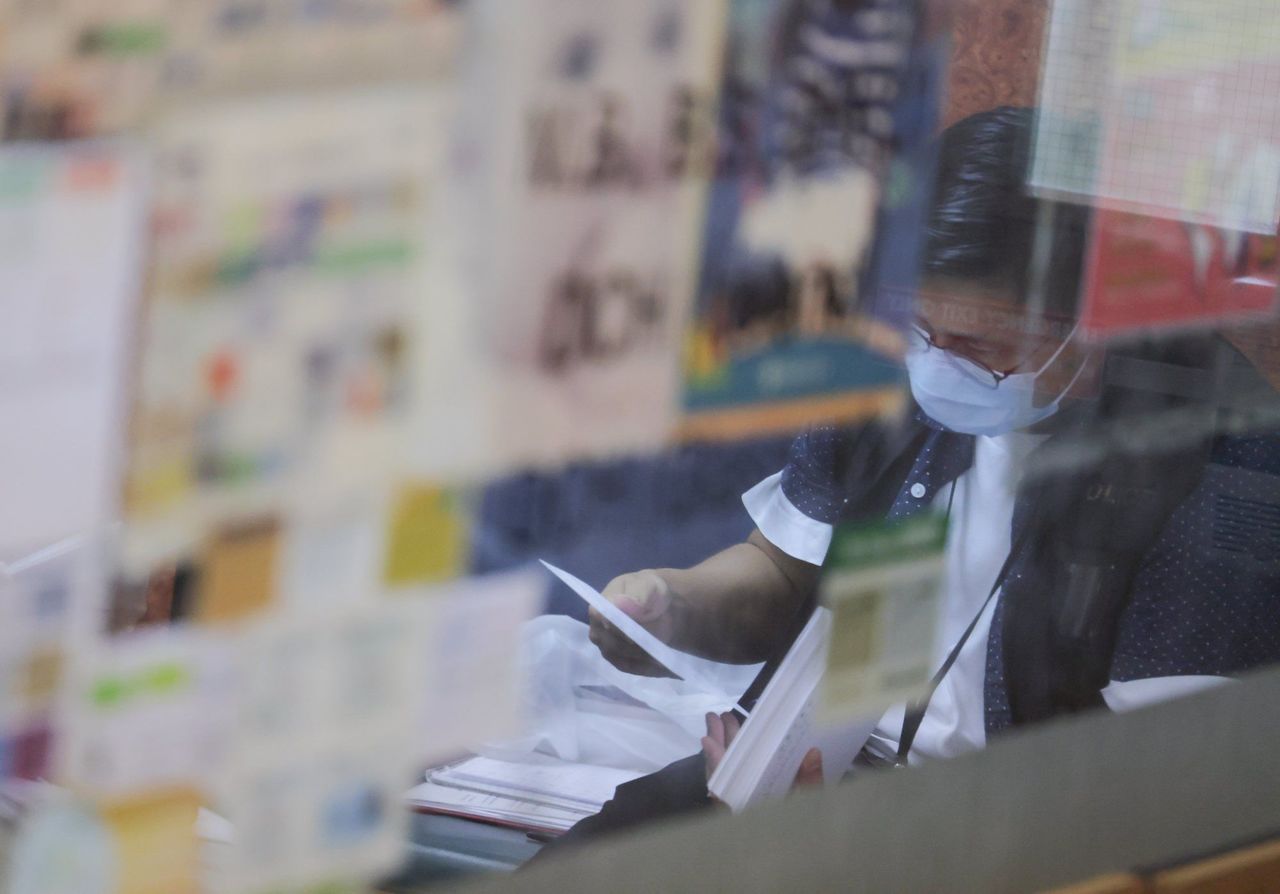 Police officers investigate at the clinic of a doctor who was arrested
for allegedly issuing Covid-19 vaccination exemption certificates
without doing proper consultations.
Police officers investigate at the clinic of a doctor who was arrested
for allegedly issuing Covid-19 vaccination exemption certificates
without doing proper consultations.
According to the patients’ clinical conditions, doctors can determine the validity period of the exemption ranging from 90 to 180 days.
But police arrested six medical practitioners last month for allegedly issuing the documents without conducting proper consultations. Two of them have been charged, while a seventh one has been wanted by the force since March.
At least 26 patients, including five government employees, who allegedly bought the documents, have been arrested on suspicion of conspiracy to defraud.
The authorities then announced that the annulment of over 20,000 exemption letters issued by the seven doctors, which accounted for half of such documents in the city, would take effect on October 12, sparking concerns on legality.
Free consultations at government-run clinics are provided to the document holders to ascertain their eligibility for the exemptions.
2. Who was behind the judicial review?
Before the invalidation came into force, former civil servant Kwok Cheuk-kin, who has a history of challenging government decisions in court, filed a judicial review against the move, arguing that health authorities had abused their power in doing so and had subjected those unfit to receive the jabs to discriminatory treatment.
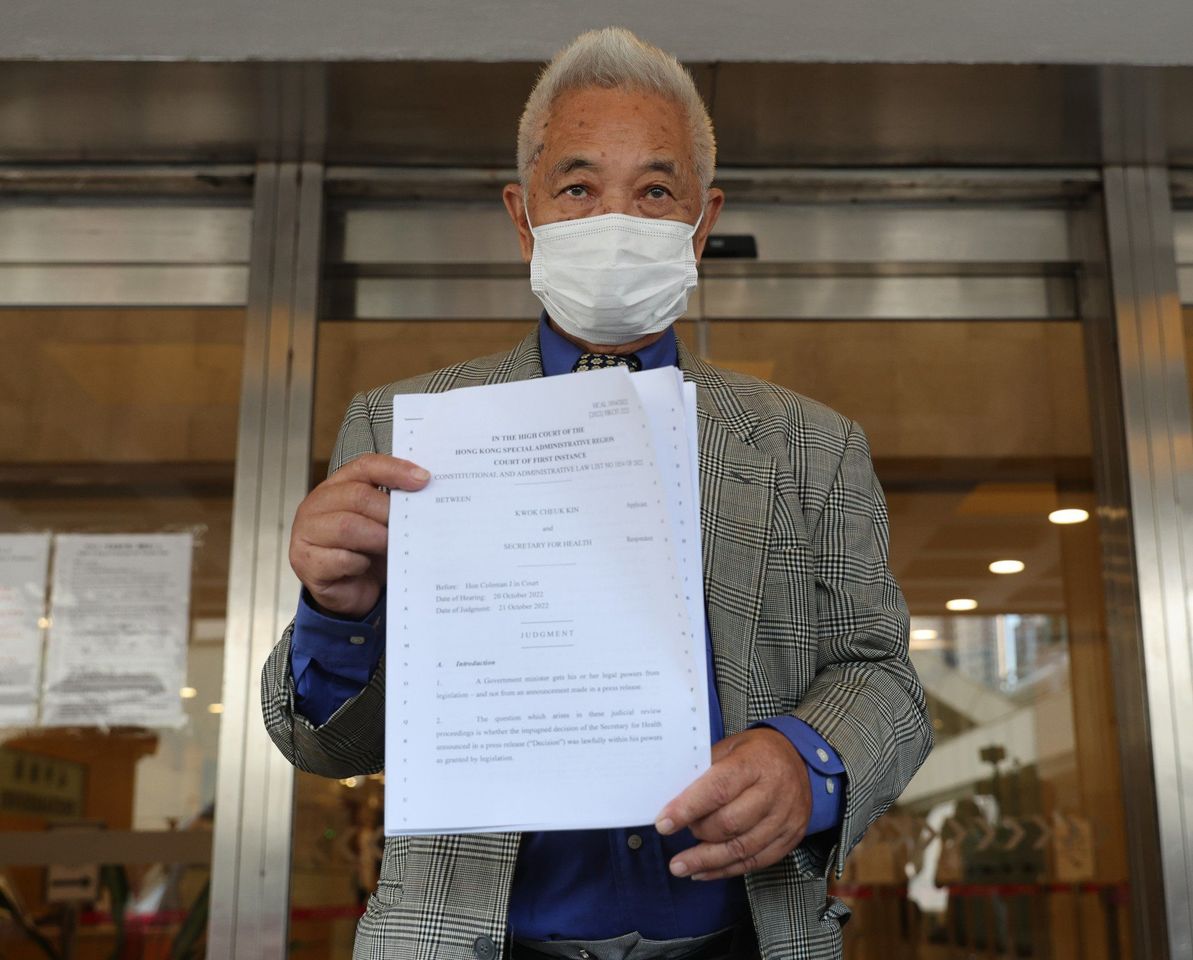 Retired civil servant Kwok Cheuk-kin outside the High Court after he won
a judicial review of the government’s invalidation of vaccinations
exemption certificates.
Retired civil servant Kwok Cheuk-kin outside the High Court after he won
a judicial review of the government’s invalidation of vaccinations
exemption certificates.
On October 21, the High Court ruled that the government had lost the legal battle as it had no power to nullify the documents. Mr Justice Russell Coleman said that the health secretary could not identify the source of his authority to make the move given that there was no statutory mechanism to overturn a doctor’s opinion of unsuitability for vaccination.
“A government minister gets his or her legal powers from legislation – and not from an announcement made in a press release,” he noted in his judgment, referring to the statement officials issued on September 27 to announce the revocation.
3. How did the government respond at first?
The government on Tuesday said that instead of appealing against the court ruling, it had decided to amend the vaccine pass regulation, granting the health secretary the power to invalidate the documents.
The spokesman said amending the law was the “most appropriate solution” and “in the best interest of Hong Kong” after considering the urgency of the anti-epidemic efforts, the duration of litigation involved in an appeal and the validity period of the exemption documents in question.
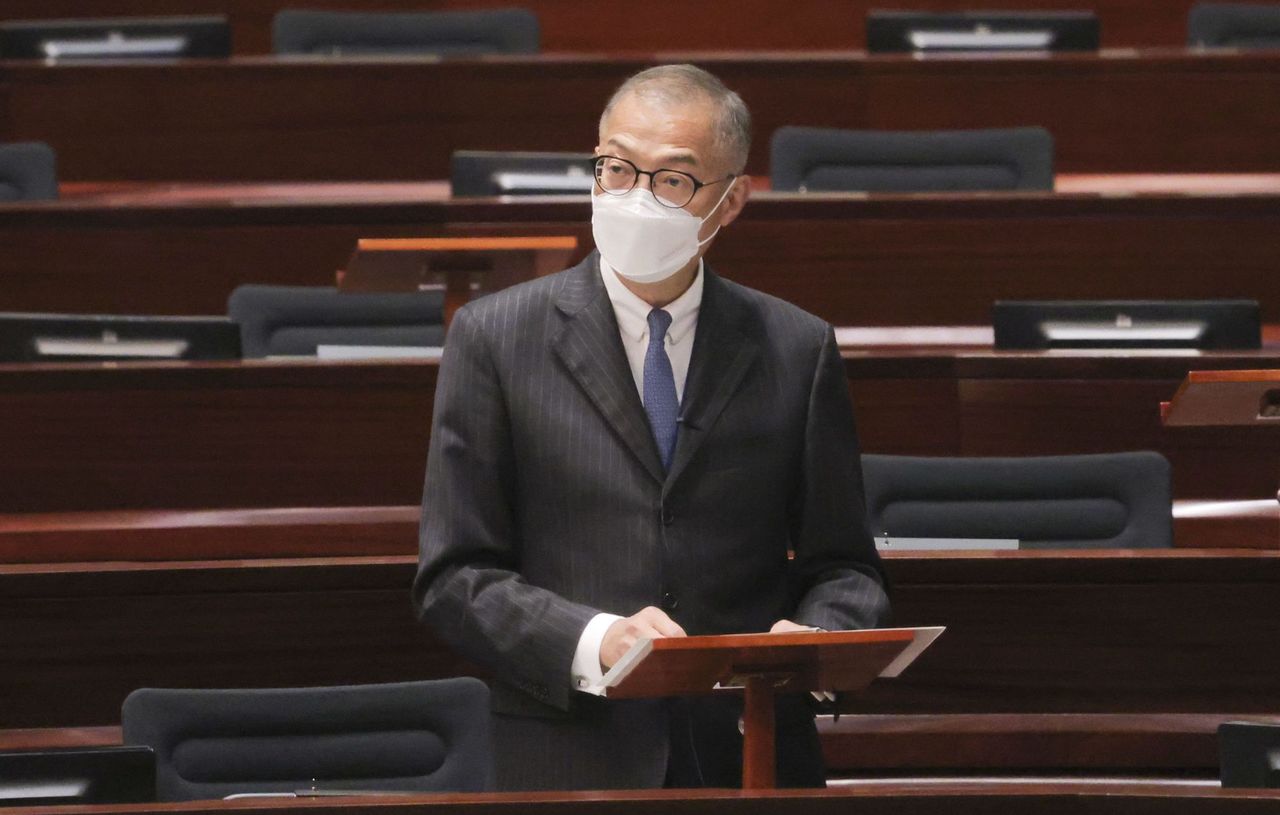 Secretary for Health Lo Chung-mau.
Secretary for Health Lo Chung-mau.
The new regulation took effect on Wednesday, while the amendments were submitted to the Legislative Council for negative vetting, a process where the government implements laws first and legislators then scrutinise it.
The amendment allowed the health chief to nullify certificates if there were reasonable grounds to suspect a medical practitioner had failed to conduct clinical assessments before issuing the documents, as well as annul all exemptions distributed by certain doctors.
The official is required to consider all factors, including whether the vaccine pass scheme was flawed or its “resilience” had been compromised, the doctors in question had carried out clinical assessments, the number of documents issued in a specified period of time, the mode and method of issuance, as well as the opinion of the Department of Health’s director.
The validity period of the vaccine pass scheme was also extended for six months from this December to June next year.
4. What has the government decided to do since?
Things were back to square one on Wednesday as the Secretary for Health Lo Chung-mau announced that the documents issued by the seven doctors would be invalid from November 9, and any vaccination exemption issued by them in the future would be null as well.
The government said the official had taken all factors mentioned in the amended regulations into account, while the seven doctors could submit a written representation to defend their cases on November 1 or before.
Lo said amending the law could secure “sufficient legal basis” for the government to undertake its duty in the anti-epidemic effort.
He also shrugged off accusations that the administration sought to override the judicial process, saying: “It’s not whether the government wins or someone else wins. We have to make sure all citizens win in this battle against Covid.”
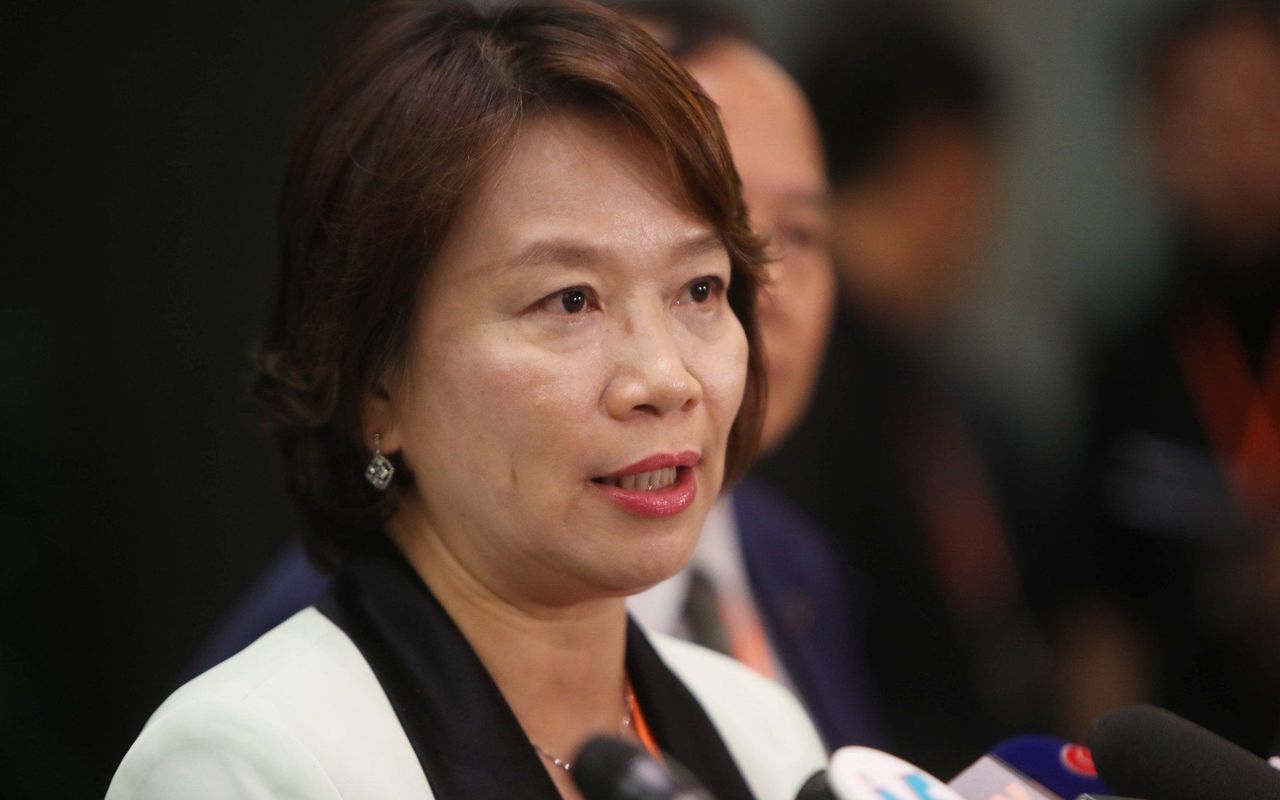 Legislator Priscilla Leung Mei-fun.
Legislator Priscilla Leung Mei-fun.
But Lawmaker Priscilla Leung Mei-fun, an associate professor and administrative law specialist at City University of Hong Kong, argued that the government should enter an appeal.
She said the case should “go all the way” to the Court of Final Appeal so that clearer rationales could be set down, adding that the Court of Appeal and the Court of Final Appeal often had different rulings in cases related to significant public interest.
Lawmaker Tik Chi-yuen, chairman of the Third Side party, agreed, saying that the law amendment gave the impression that the authorities wanted to “circumvent the judiciary”.
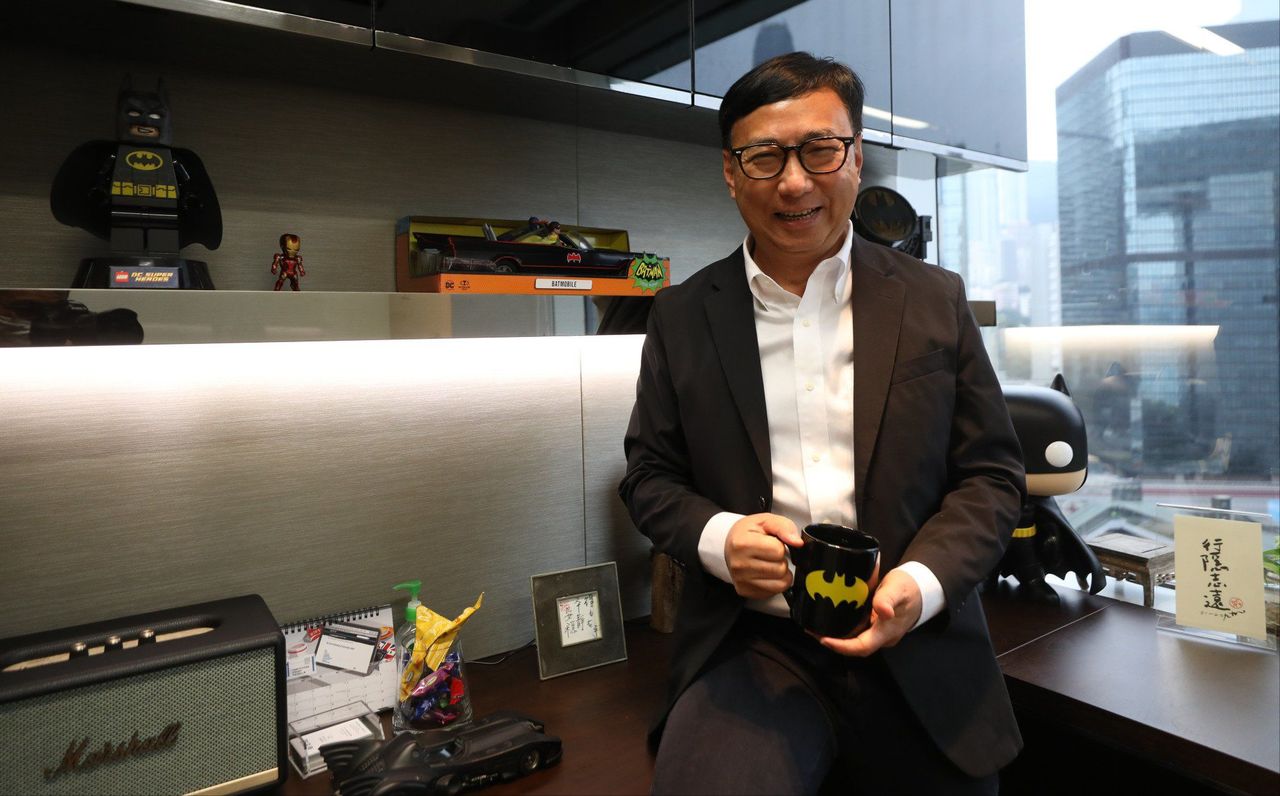 Chairman of the Third Side party Tik Chi-yuen.
Chairman of the Third Side party Tik Chi-yuen.
5. What will happen next?
Kwok told the Post he would launch a wider judicial review to challenge the necessities of the vaccine pass and risk-exposure “Leave Home Safe” app.
He argued that attendees of the coming Global Financial Leaders’ Investment Summit next month could visit designated venues during the three days of medical surveillance – a wider discretion that ordinary arrivals cannot enjoy.
“This is against the Basic Law as residents are equal before the law,” he noted.
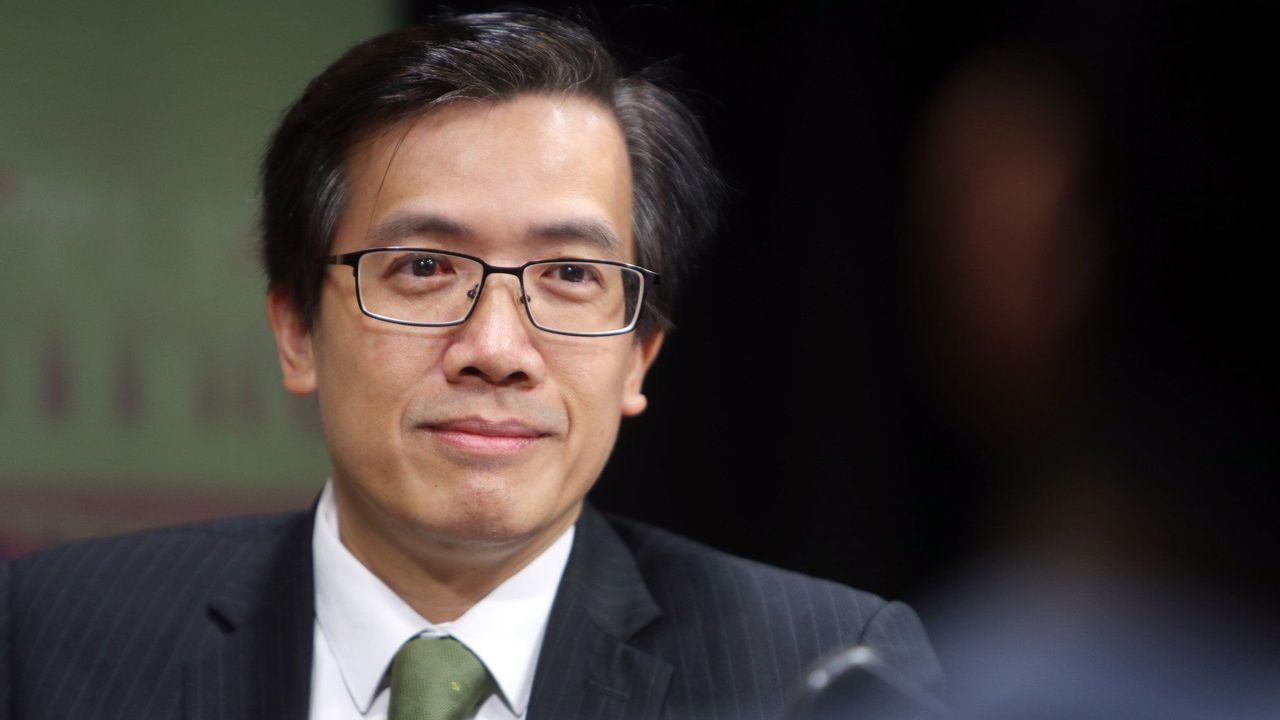 Chairman of Hong Kong patients’ Voices Alex Lam Chi-yau.
Chairman of Hong Kong patients’ Voices Alex Lam Chi-yau.
Lawmaker Doreen Kong Yuk-foon said she was surprised by the extension of the vaccine pass scheme for another six months, adding that the arrangements would be “unsuitable” for the city’s return to normality.
She urged the government to explain the rationale behind the extension, saying that the scheme had affected livelihoods and the economy.
Alex Lam Chi-yau from concern group Hong Kong Patients’ Voices said while some patients managed to get hold of new exemptions, others who visited the government’s Vaccine Allergy Safety Clinic were required to receive at least one jab before being allowed to consult a doctor, which could expose them to health risks.











